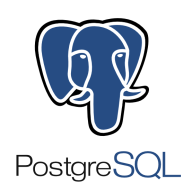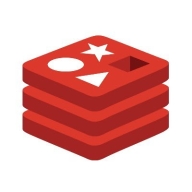

PostgreSQL and Redis are prominent contenders in the open-source database industry, each offering unique benefits. PostgreSQL generally holds the advantage for applications that demand complex querying and strong data integrity, while Redis leans towards real-time analytics and caching with its speed.
Features: PostgreSQL's strengths include support for complex SQL queries, a variety of robust data types, and high customization potential, offering a versatile RDBMS solution. Redis is optimized for real-time data processing, offers various data structures, and excels in high-frequency data operations.
Room for Improvement: PostgreSQL needs to improve read-heavy operation performance, JSON manipulation tools, and expand its documentation. Redis could enhance its user interfaces, expand documentation resources, and address scalability issues due to its single-threaded design.
Ease of Deployment and Customer Service: PostgreSQL can be deployed across on-premises and hybrid clouds, supported by an active community and forums, though it lacks centralized support. Redis offers ease of cloud deployment and setup, relying on community support for assistance.
Pricing and ROI: Both PostgreSQL and Redis are open-source, providing a significant cost advantage. PostgreSQL offers a high ROI with its comprehensive features and low maintenance needs, ideal for enterprise needs. Redis delivers rapid ROI with its real-time data processing efficiency, especially where fast data access is vital.


PostgreSQL is a versatile and reliable database management system commonly used for web development, data analysis, and building scalable databases.
It offers advanced features like indexing, replication, and transaction management. Users appreciate its flexibility, performance, and ability to handle large amounts of data efficiently. Its robustness, scalability, and support for complex queries make it highly valuable.
Additionally, PostgreSQL's extensibility, flexibility, community support, and frequent updates contribute to its ongoing improvement and stability.
Redis is a high-performance, scalable, and easy-to-use caching solution that improves application performance. It is also used for session management, real-time analytics, and as a message broker.
Redis's valuable features include its ability to handle large amounts of data quickly, its simplicity and straightforward setup process, and its support for various data structures, providing flexibility for different use cases.
We monitor all Vector Databases reviews to prevent fraudulent reviews and keep review quality high. We do not post reviews by company employees or direct competitors. We validate each review for authenticity via cross-reference with LinkedIn, and personal follow-up with the reviewer when necessary.